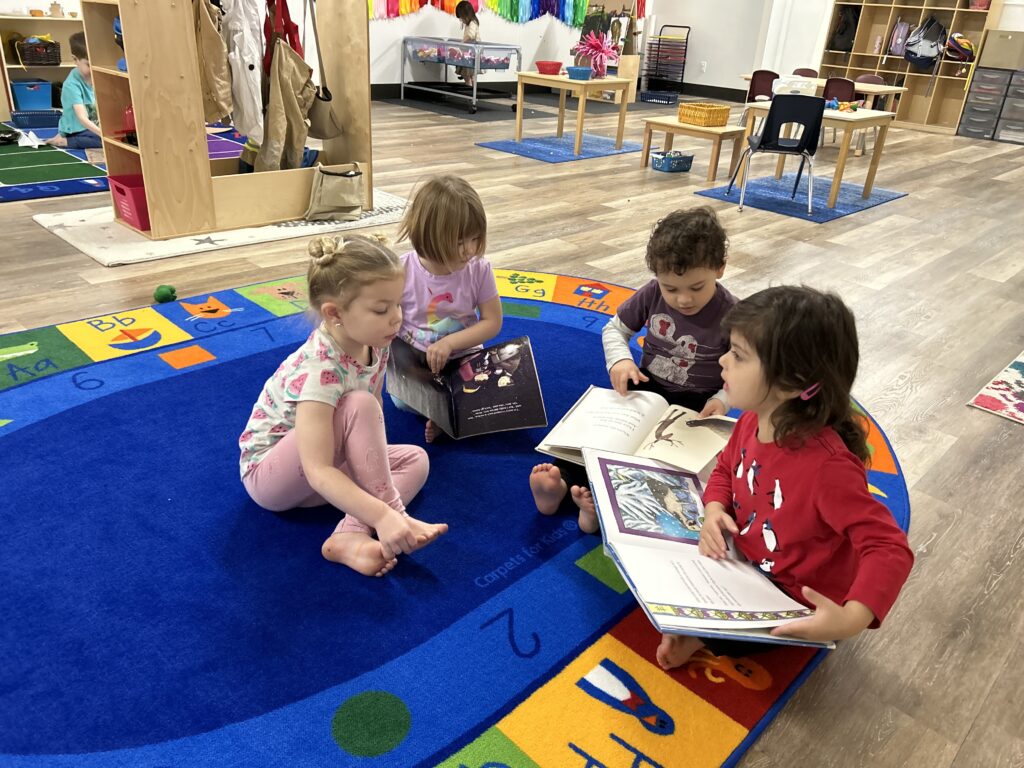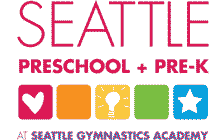Getting Ready for Preschool: Essential Skills and How to Build Them at Home

Starting preschool is an exciting milestone for both children and parents! It’s a time of new experiences, friendships, and learning opportunities. While every child develops at their own pace, there are certain skills and abilities that can help make the transition smoother. By working on these skills at home, parents can help their little ones feel more confident and ready for their preschool adventure.
Social and Emotional Skills
One of the biggest adjustments for a preschooler is being in a group setting. Practicing these skills at home can make a world of difference:
- Sharing and Taking Turns: Encourage turn-taking through simple games and activities like playing with blocks or board games.
- Following Simple Instructions: Practice giving one- or two-step directions such as “Put your shoes on” or “Bring me the book.”
- Expressing Needs and Emotions: Teach your child to use words to express feelings, like “I’m sad” or “I need help.” Books and role-playing can be great tools for this.
- Independence in Self-Care: Work on basic tasks like washing hands, using the toilet, and putting on shoes or jackets.
Language and Communication Skills
Strong communication skills help children engage with teachers and classmates. Ways to boost language skills include:
- Reading Together Daily: Reading helps expand vocabulary and encourages listening skills. Ask questions about the story to improve comprehension.
- Encouraging Conversations: Talk to your child throughout the day and ask open-ended questions like, “What was your favorite part of today?”
- Practicing Name Recognition: Help your child recognize and say their own name, and work on simple greetings like “hello” and “goodbye.”
Cognitive and Problem-Solving Skills
Preschoolers are naturally curious, and building their thinking skills can help them thrive in a learning environment:
- Sorting and Matching: Use everyday objects like socks or toys to practice sorting by color, shape, or size.
- Puzzles and Simple Problem-Solving Games: Encourage your child to try puzzles or find missing pieces in simple picture books.
- Counting and Recognizing Numbers: Count objects together while playing or eating (e.g., “Let’s count the apples in the basket”).
Fine and Gross Motor Skills
Developing motor skills helps children with tasks like writing, using scissors, and participating in physical activities:
- Fine Motor Practice: Give your child crayons, playdough, or stickers to strengthen finger muscles.
- Gross Motor Activities: Running, jumping, and climbing help build coordination and strength. Playing outside is a great way to practice these skills.
Encouraging a Love for Learning
Beyond specific skills, fostering curiosity and enthusiasm for learning is key. Explore new topics together, encourage creativity through art and music, and make learning fun through play.
By working on these skills at home, parents can help set the stage for a positive and successful preschool experience. The goal isn’t perfection—just progress and confidence as your child takes this exciting next step!
